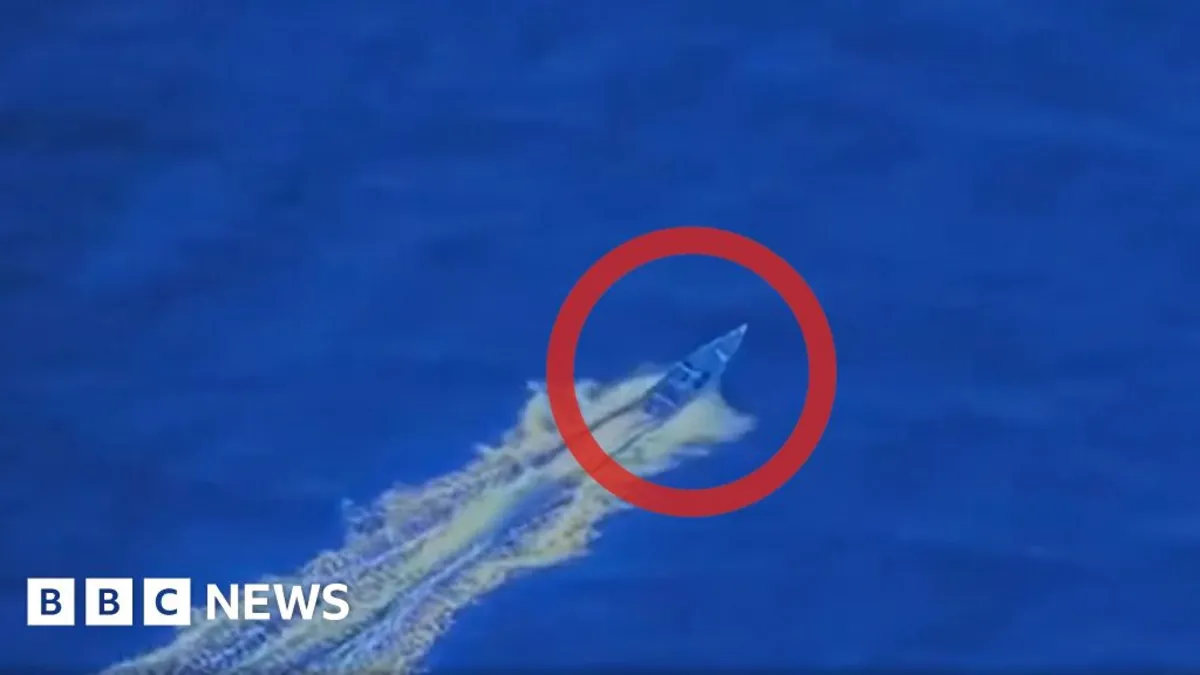
Colombian President Gustavo Petro has recently made a significant statement regarding a controversial incident involving a boat that was bombed by the United States. According to President Petro, this vessel was Colombian and contained Colombian citizens at the time of the attack. However, the White House has labeled these allegations as baseless, igniting further tension between the two nations.
In recent weeks, the US has carried out strikes on at least four vessels in the Caribbean, resulting in the tragic deaths of 21 individuals. While the US government claims these military actions were aimed at targeting narco-traffickers, it has yet to provide substantial evidence or details regarding the identities of those aboard the attacked vessels. This lack of transparency has drawn widespread condemnation from various countries in the region, raising serious concerns about the legality of these actions under international law.
On Wednesday, the US Senate rejected a measure that would have restricted President Trump from using military force against these maritime targets. This legislative decision comes amidst increasing scrutiny of the military's role in foreign conflicts, particularly in the Caribbean. Senator Adam Schiff, a Democrat, expressed his intent to block such strikes, further complicating the ongoing discourse about military engagement in the region.
In response to Senator Schiff's post on X, President Petro remarked that a new war scenario has emerged in the Caribbean. He emphasized that indications suggest the last boat targeted was indeed Colombian and carried Colombian citizens. "I hope their families come forward and report it," Petro stated, highlighting the urgent need for accountability. He passionately argued that the issue transcends mere smuggling, framing it as a battle over oil, which he believes should be addressed globally. "The aggression is against all of Latin America and the Caribbean," he asserted.
Despite President Petro's claims, he did not provide additional information regarding the identities of the individuals on board the bombed vessel. The US has similarly refrained from disclosing details about the casualties resulting from these strikes. In a statement, the White House expressed its anticipation of President Petro retracting his "baseless and reprehensible" comments. The statement also reaffirmed the US's commitment to maintaining close cooperation with Colombia on various shared priorities, particularly concerning regional security and stability.
During remarks at the EU Global Gateway Forum in Brussels on Thursday, President Petro announced that he had requested a meeting with all Caribbean foreign ministers to discuss the recent strikes. The US maintains that its military actions, which commenced on September 2, targeted vessels off the coast of Venezuela suspected of trafficking illegal drugs.
A recent vote in the Senate, which concluded with a narrow 48-51 rejection, reflected a partisan split regarding the measure introduced by Democratic Senators Schiff and Tim Kaine. Earlier this month, a leaked memo indicated that the US government is now categorizing its operations as a "non-international armed conflict." This classification may serve as a justification for employing wartime powers, including the capability to eliminate enemy fighters who may not pose an immediate threat.
President Trump has previously designated numerous drug cartels, including those operating in Mexico, Ecuador, and Venezuela, as terrorist organizations. This designation has empowered US authorities with greater latitude in their responses to these entities, further complicating the geopolitical landscape in Latin America.